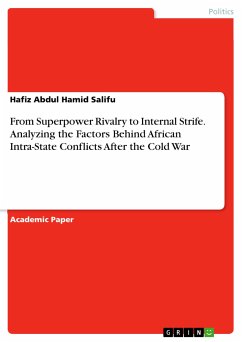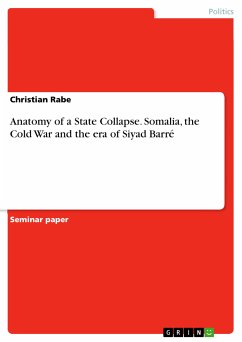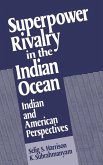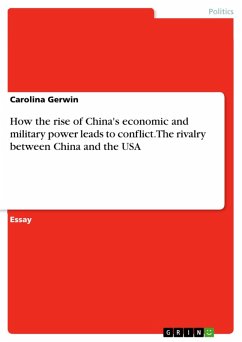Academic Paper from the year 2024 in the subject Politics - Topic: Peace and Conflict, Security, University of Ghana, Legon, language: English, abstract: This research paper investigates the rise of intra-state conflicts in Africa following the end of the Cold War, analyzing the historical, economic, political, and social factors contributing to these conflicts. Employing a qualitative historical-analytical framework, the study explores how the withdrawal of superpower support, state failure, anarchism, and the neglect of internal conflict drivers have fueled intra-state conflicts across the continent. Case studies of Somalia, Liberia, Sierra Leone, and Angola illustrate the impact of state collapse and elite dominance on conflict dynamics. The paper also examines the role of economic factors, particularly resource wealth, in perpetuating conflicts, and highlights the consequences of neglecting intra-state issues, as exemplified by the Rwandan Genocide. Furthermore, the study emphasizes the importance of inclusive governance and political reforms in mitigating conflict, drawing on the transition to democracy in South Africa as a successful model. The findings underscore the need for comprehensive strategies that address both immediate triggers and underlying causes of intra-state conflicts, with recommendations for strengthening state institutions, promoting inclusive governance, diversifying economies, and enhancing international engagement. This research contributes to a deeper understanding of the complex interplay of factors driving intra-state conflicts in Africa and offers insights for developing effective conflict resolution and peacebuilding strategies.
Dieser Download kann aus rechtlichen Gründen nur mit Rechnungsadresse in A, B, BG, CY, CZ, D, DK, EW, E, FIN, F, GR, HR, H, IRL, I, LT, L, LR, M, NL, PL, P, R, S, SLO, SK ausgeliefert werden.









